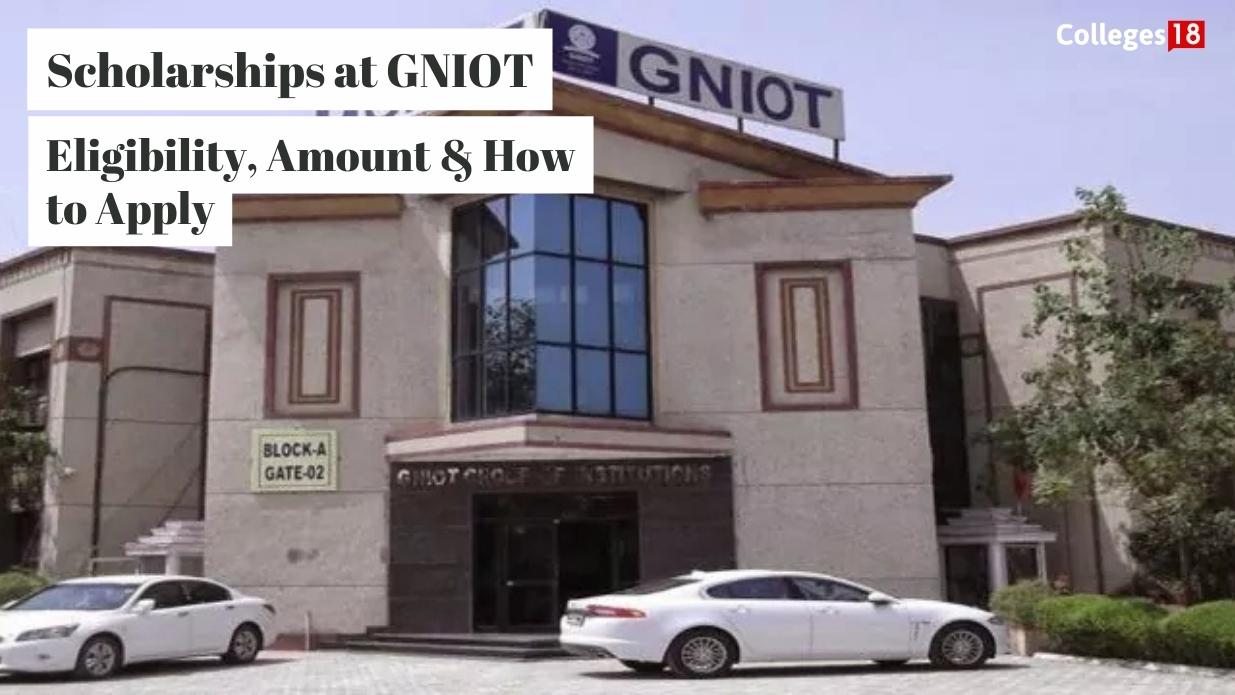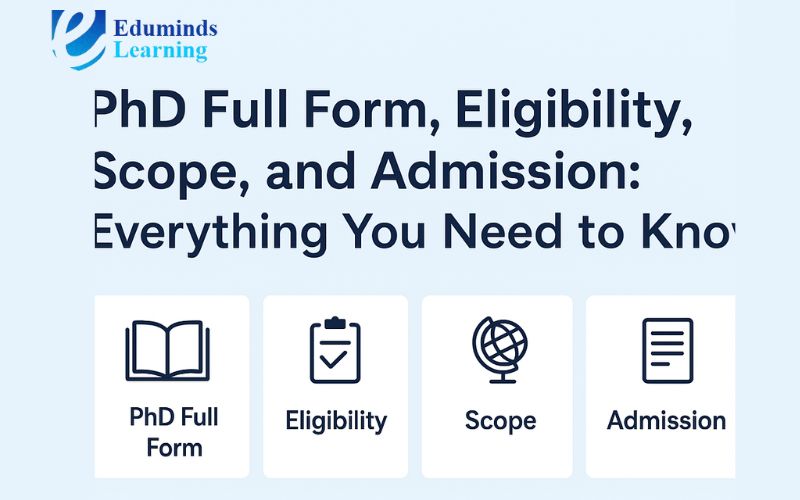Who Can Apply for an MBA in Ireland — Requirements for Indian Students

Strong 8k brings an ultra-HD IPTV experience to your living room and your pocket.
When it comes to higher education,
particularly in business, selecting the right country is crucial. For Indian
students, an MBA in Ireland has become a popular option. With top-ranked
universities, global companies, affordable fees, and post-study work opportunities,
Ireland offers great value for business education.
But before applying, it’s essential to
understand the eligibility criteria and admission process. This blog explains
who can apply for an MBA in Ireland. We’ll cover the academic, work experience,
and English language requirements in simple terms.
###ANCHOR0###Why Choose an MBA in Ireland?
Ireland is home to several globally
recognised business schools, like Trinity College Dublin and University College
Dublin. The MBA in Ireland is one year long, is taught in English and offers
practical business knowledge. Students also benefit from being in a country
that hosts the European headquarters of companies like Google, Facebook, and
Amazon.
Ireland also offers a two-year post-study
work visa for international students, giving graduates time to search for jobs
and start their careers in Europe.
###ANCHOR1###General Eligibility for MBA in Ireland
To apply for an MBA in Ireland, Indian
students need to meet certain basic criteria. While each university may have
its own set of rules, the following are the common requirements:
###ANCHOR3###1.
Bachelor’s Degree
You must have a 3 or 4-year undergraduate
degree from a recognised university. The degree can be in any field, although
business-related subjects, such as BBA, B.Com, or economics, may be preferred
by some colleges.
Your academic record should be decent.
Most universities expect a minimum of 60% or more in your bachelor's degree.
However, students with lower marks may still be considered if they have strong
work experience.
###ANCHOR4###2.
Work Experience
For most MBA programs in Ireland,
applicants are expected to have at least 2 to 3 years of full-time work
experience. The work doesn’t need to be from a big company; relevant experience
in any organisation is valued.
Some universities, like Trinity College
Dublin, may even require 3 to 5 years of managerial experience, especially for
executive MBA programs.
If you are a fresh graduate without
experience, you may be considered for business-related Master’s programs, but
not for a traditional MBA.
###ANCHOR5###3.
English Language Proficiency
Since the entire MBA course is taught in
English, all Indian applicants must prove their English language skills. This
is usually done by taking one of the following exams:
●
IELTS: Minimum overall score of 6.5 or 7
●
TOEFL iBT: Minimum score of 88–100
●
PTE: Score requirement varies, but usually
around 63–65
Different universities may have slightly
different score requirements. Always check the university’s website before applying.
###ANCHOR6###4.
GMAT/GRE Scores
Some top-ranked MBA colleges in Ireland
may ask for GMAT or GRE scores. For example, Trinity College Dublin and UCD
Smurfit Business School recommend a GMAT score of 550 or higher.
However, the good news is that many
universities waive this requirement if your academic record and work experience
are strong. Colleges like Dublin Business School and Griffith College usually
do not require GMAT/GRE.
###ANCHOR7###5.
Letters of Recommendation
Most MBA programs require you to submit
two letters of recommendation. These can be from your current or past
employers, college professors, or internship supervisors. The letters should
talk about your skills, achievements, and potential as a future business
leader.
###ANCHOR8###6.
Statement of Purpose (SOP)
A Statement of Purpose is an essay
explaining why you want to pursue an MBA in Ireland, your career goals, and why
a particular university is right for you. It’s your chance to stand out from
other applicants, so make sure to keep it honest, clear, and focused.
###ANCHOR9###7.
Resume or CV
You will also need to submit a
professional resume that includes your education, work experience,
achievements, certifications, and skills. Keep it updated and concise.
###ANCHOR10###8.
Personal Interview
Some universities may invite you for a
video or phone interview. This is to assess your communication skills,
motivation, and determine if you’re the right fit for the program. Be prepared
to talk about your goals, past experiences, and why you chose Ireland for your
MBA.
###ANCHOR11###MBA in Ireland: Application Timeline
If you’re planning to apply for an MBA in
Ireland, here’s a rough timeline:
●
October to January: Shortlist colleges and
prepare for exams like IELTS/TOEFL and GMAT (if needed)
●
January to March: Submit your applications
with all required documents
●
March to May: Attend interviews and receive
offer letters
●
May to July: Apply for your study visa for Ireland
●
September: Fly to Ireland and begin your
course
###ANCHOR12###Study Visa Requirements for Indian Students
To study in Ireland, Indian students need
a D-type study visa. Here’s what you’ll need:
●
Valid passport
●
Recent passport-size photos
●
Offer letter from the university
●
Proof of payment of tuition fees
●
Bank statements showing enough
funds (approx. INR 5–6 lakhs/year)
●
Medical insurance
●
Proof of English proficiency
(IELTS/TOEFL scorecards)
●
Academic documents
●
Visa application form and fee
receipt
###ANCHOR13###Universities Offering an MBA in Ireland
Some of the top institutions that offer
an MBA in Ireland include:
●
Trinity College Dublin
●
University College Dublin –
Smurfit School
●
Technological University Dublin
●
Dublin Business School
●
Griffith College
●
National University of Ireland,
Galway
●
University of Limerick
Each university has its own strengths, course structure, and fee range. Tuition fees generally range between €12,000 and €36,000 per year (approx. INR 11–33 lakhs).
Final Thoughts
Pursuing an MBA in Ireland can be a
life-changing decision. It offers global exposure, practical knowledge, and
access to Europe’s booming job market. But to make the most of it, you must
apply smartly, meet the eligibility criteria, and prepare your documents in
advance.
If you are still unsure about where to
begin or which university suits you best, expert help can make things easier.
That’s where brands like NewStrides, one of the most trusted Ireland
education consultants in Delhi, can assist you with personalized
guidance—from shortlisting colleges and test prep to visa support.
With the right information and expert
advice, your dream of studying MBA in Ireland can become a reality.
Note: IndiBlogHub features both user-submitted and editorial content. We do not verify third-party contributions. Read our Disclaimer and Privacy Policyfor details.







